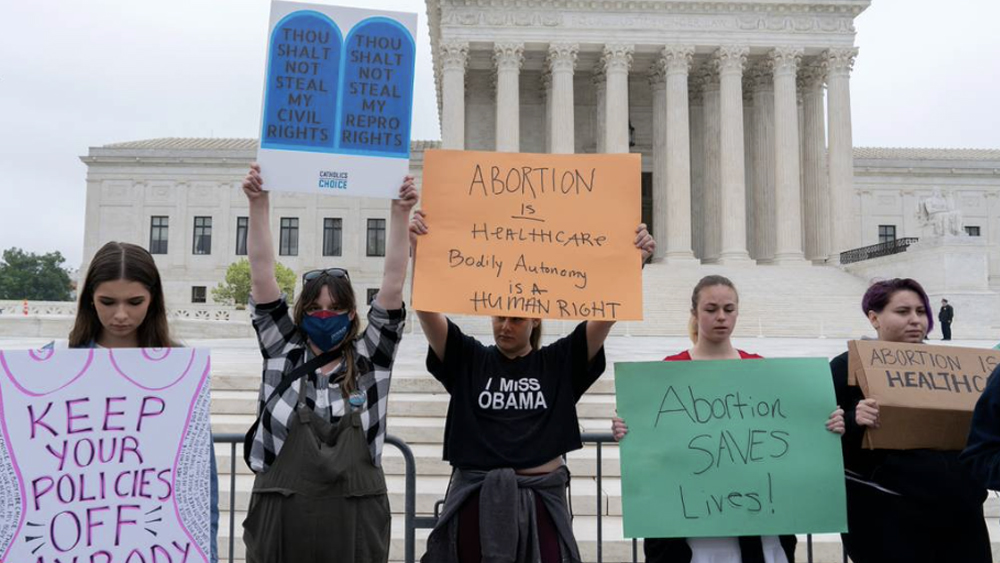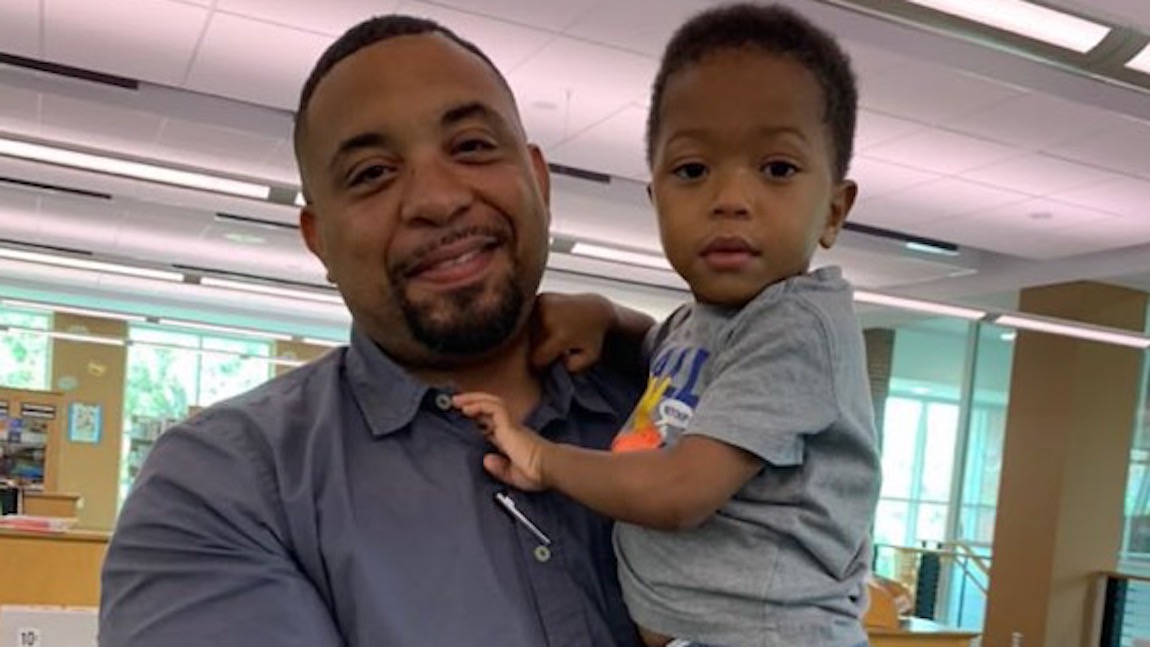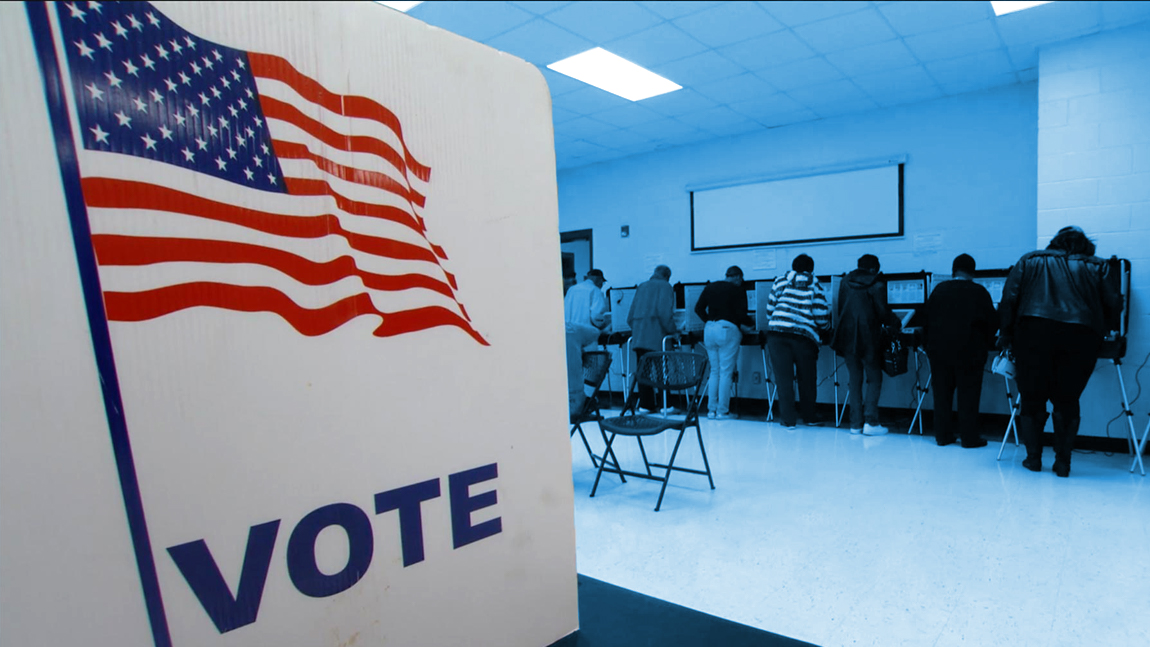Monday, June 24 marks the two year anniversary of the Dobbs v. Jackson decision by the U.S. Supreme Court overturning Roe v Wade, and many states across the nation have created new abortion restrictions and bans, creating a network of fear for women who need help and doctors who are afraid to provide that help lest they are arrested and imprisoned.
According to the Guttmacher Institute, many state laws provide some limited exceptions to total bans and bans based on gestational duration. These exceptions are often described as compromises, but they obscure the harm of abortion bans. Most exceptions are designed to be unworkable, containing vague and contradictory language and imposing cumbersome requirements, the Institute says.
With reports of such restrictions continuing, U.S. abortion ballot measure campaign leader the Fairness Project plans to spend at least $15 million in the 2024 election cycle to protect abortion rights at the ballot box.
“Losing the federal protections for abortion under Roe was a devastating moment for our country. But in the wake of Dobbs, we’ve wasted no time in advancing ballot measures to protect reproductive freedom. Voters’ drive to protect their rights is undeniable. When we bring abortion rights to the ballot box, we win,” said Kelly Hall, Executive Director of The Fairness Project.
The Fairness Project is among the largest funders and strategic partners of abortion ballot measures in the country. Since Roe was overturned, the organization has become a U.S. leader in restoring and protecting abortion access via ballot measures, helping to secure victories for reproductive rights in Michigan, Vermont, and Ohio.
Now, the group says it will bring resources, technical expertise, strategic support and more to the frontline of the 2024 election abortion battle, supporting red state ballot campaigns in Arizona, Florida, Montana, and Missouri.
“We’re not afraid to take on the tough fights,” said Hall. “Voters in red, blue, and purple states want abortion access protected, and they deserve the opportunity to make their voices heard at the ballot box this November.”
The Fairness Project has won more than 30 progressive ballot measures, the overwhelming majority of which were in conservative and right-leaning states.
In response, the Fairness Project has directed its national campaign and fundraising operation to protect reproductive rights in state constitutions. As of today, abortion rights are undefeated at the ballot box, winning in seven states.
It’s a win streak Hall plans to keep alive this November.
“Two years after Roe was overturned, one thing is certain: whenever abortion is on the ballot, voters say decisively that they want reproductive freedom protected,” she said.
Abortion rights could be on the ballot in as many as 11 states this November. The Fairness Project focuses its expertise, capacity, technical assistance and resources on the states where abortion rights are most at risk, and the organization can have the greatest impact. But as Hall noted, the challenges are vast.
“Extremist politicians are terrified of voters using their power,” Hall noted. “But from Arizona to Missouri, Montana to Florida, we’ll keep providing the support regular citizens need to push back against extremist legislators and enact the will of the voters on reproductive rights.”
The Fairness Project has won more than 30 ballot measures to raise wages, stop predatory payday lenders, expand health care access, protect reproductive rights, secure more paid time off, and other life-changing policies for more than 22 million people. Learn more at thefairnessproject.org.
The Guttmacher Institute reports that 41 states have abortion bans in effect with only limited exceptions.
- 14 states have a total abortion ban.
- 27 states have abortion bans based on gestational duration.
- 7 states ban abortion at or before 18 weeks’ gestation.
- 20 states ban abortion at some point after 18 weeks.
- 9 states and the District of Columbia do not restrict abortion based on gestational duration.
- For a complete list of states with abortion bans, please click here.
The Comstock Act
Meanwhile, Democrats are seeking to overhaul the Comstock Act, an 1873 federal law that bans abortion-related materials from being sent through the mail. They fear that a future Trump administration could invoke that law to crack down on abortion access or effectively ban the procedure altogether.
“There is a very clear, well-organized plan afoot by the MAGA Republicans to use Comstock as a tool to ban medication abortion, and potentially all abortions,” said Sen. Tina Smith (D-MN), sponsor of new legislation to repeal the Comstock Act’s abortion provisions. “My job is to take that tool away,.” said Smith.
Comstock was cited by Supreme Court Justices Samuel Alito and Clarence Thomas in oral arguments during the Alliance for Hippocratic Medicine v. FDA and invoked in Project 2025 – considered to be a roadmap for a future Trump administration – as a way for an anti-choice administration to ban abortion nationwide.
Democrats’ push to defang the 151-year-old law comes less than five months before a presidential election in which reproductive rights will play an important role in determining whether President Biden or Donald Trump will be returned to the White House.
Sens. Elizabeth Warren (D-MA.), Catherine Cortez Masto (D-NV) and 17 other Senate Democrats are cosponsoring the legislation, and in the House, Reps. Becca Balint (D-VT) and Cori Bush (D-MO) introduced companion legislation.
Meanwhile, major advocacy groups, including Planned Parenthood Federation of America, the American Civil Liberties Union and Reproductive Freedom for All, support the bill, which would also preserve provisions that crack down on child pornography.
According to this article in The Washington Post, some advocates believe the bill is doomed in a divided Congress, highlighting the defeats of recent bills to protect access to contraception and in vitro fertilization.
It is clear that two years after Roe’s fall, action is needed to protect women’s reproductive rights. What do you think about this effort by Democrats?
Bob Gatty is editor and publisher of Lean to the Left – a liberal blog site, and is published here with his permission.






